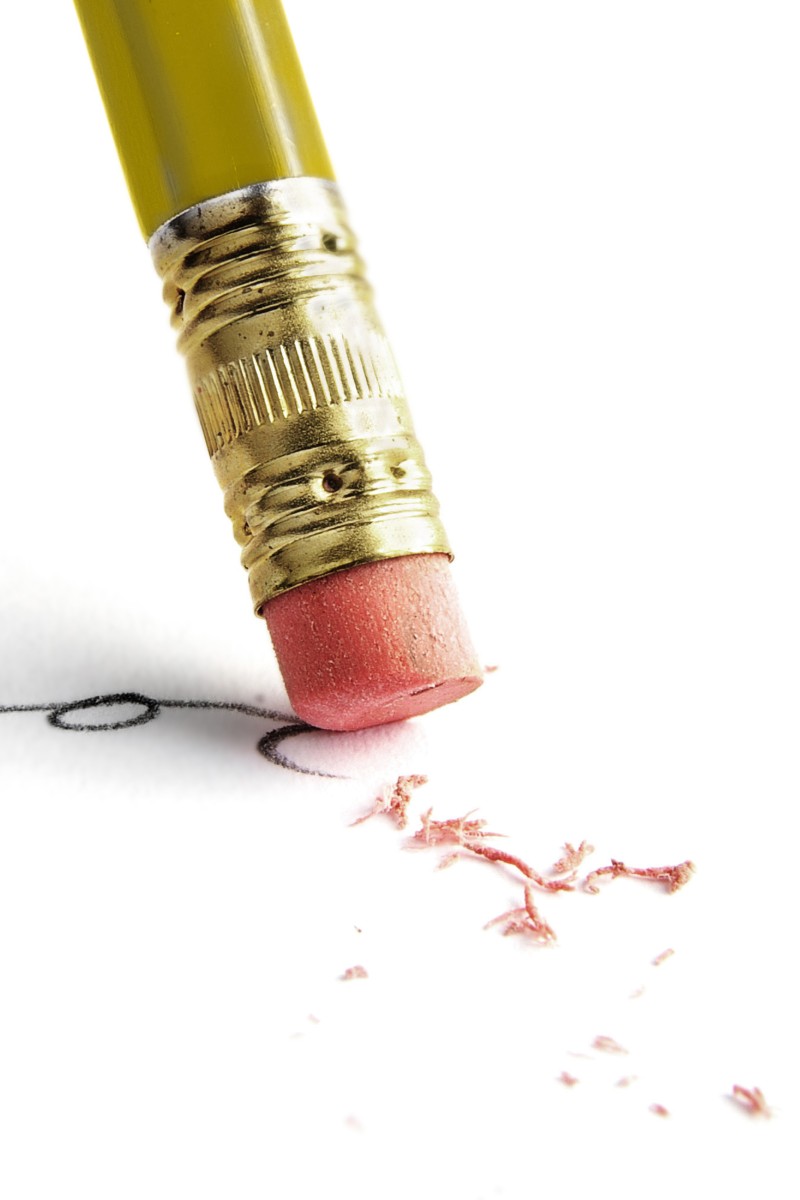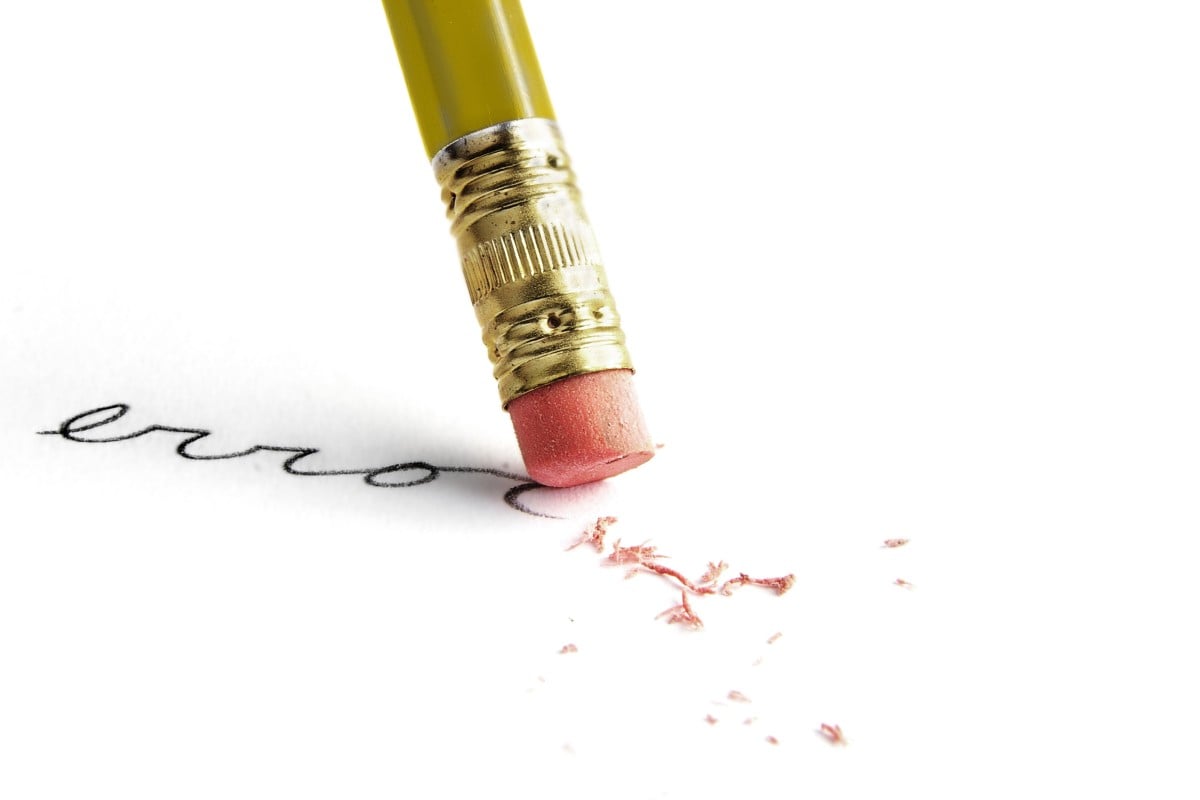
7 tips to help you proofread your essay like a pro
- It’s nice to finish writing an assignment, but you’re not truly finished until you’ve done all of the proofreading
- Sounds boring and difficult? It doesn’t have to be. All you have to do is follow these seven simple tips

Most students find only one part of writing satisfactory: the final full stop. After that full stop, however, they should spend much more time in proofreading.
But according to James Bardem, writer and editor from CareersBooster paper writing service, that part is boring for students. “They come to us with complete projects that need improvements only in style, grammar, and finesse,” he says. “Some students can do most of the work, but they are completely overwhelmed by the final stage of the academic writing process. That’s easy to understand, since it’s hard to correct something you wrote. You already think it’s perfect.”
It’s time to make this clear once and for all: proofreading is essential to a successful project. And, guess what: it’s not as difficult and boring as you think it is. It’s simple – but it takes great care and diligence. And you can master it, too. The following tips are all you need:
The Dos and Don’ts of writing a successful cover letter
Give it some rest
If you’re dangerously close to your deadline, this tip may not sound like a great idea. However, it’s really important to take some time away from the project, just to put your thoughts together. When you take a break to reset your mind, you’ll be able to see your work from a fresh point of view. Suddenly, the flaws will start revealing themselves in front of your eyes.
Read it backwards
When you’re in a hurry to wrap up the project as quickly as possible, you just glance through the sentences like someone is chasing you. Unfortunately, that leads to ineffective proofreading. But if you start from the bottom of the page and go all the way to the top, reading word by word in a reverse order, it will help you spot the tiny errors you miss when rushing through the paper.
Read it out loud
When you’re trying to pronounce the words you wrote, you’ll be more effective in spotting the flaws. The sound of your own voice will help you focus not only on the words, but on the phrases and their meaning as well. You will catch the rhythm of your writing, and you’ll notice when something is off. You’ll keep improving the paper until it starts sounding perfectly right.
Focus on individual words, phrases, and sentences
During the first reading, you’ll focus on the meaning of your sentences and you’ll try to improve the logical flow. Then read it again, but this time focus on every single word, one by one. When you finish a project you’ve worked hard on, you tend to see what you meant to say and not what’s actually there. Focusing on individual words, phrases and sentences will help you make sure you explained your ideas properly.
23 time idioms to make your writing more interesting
Double-check. Then, check again!
The point of proofreading is to get the paper to absolute perfection. Unfortunately, that’s not possible to achieve with a single read. Sometimes a single reading seems enough, and double-checking seems more than enough. That’s not the case, though. You need to check your writing a third time, so you’ll never leave things to chance. The more carefully you read through the content, the more mistakes you will find. By the time you finish the third reading, your paper will be near perfection.
Being too careful can sometimes take you in the wrong direction: insecurity. The more you read, the more boring your paper might become, and you’ll never be sure it’s good enough for submission. That’s why more than three readings may be too much, and two readings are not enough. Triple check is perfect!
Make a list of mistakes
We are creatures of habit. When we get used to a mistake, it’s hard to break that habit, so we might do it again in other projects. That’s why it’s important to make this list of mistakes. It won’t take much time for you to write down the words you misspelled or the grammar mistakes you made. The corrections will stick in your memory and you’ll stop making those mistakes over time. This list will serve as a reminder to the usual errors you make while writing.
29 clichés to avoid to improve your writing
Get a second opinion
Even professional writers have professional editors. That’s because it’s hard to spot every single mistake (stylistic, spelling, and grammatical) when you’ve been very careful during the writing process and you didn’t expect to make mistakes. Do you have a friend who’s good at writing? Ask them to go through your paper and suggest some corrections. If you’ve left any flaws after all these efforts, the second pair of eyes will spot them.
Over to You
The moment you put the final full stop on a paper, you feel complete. You feel like you’ve accomplished something great, and you’re right; you did. The sole idea that you’re not quite finished yet might be your worst nightmare. Nevertheless, proofreading is not as challenging as you’re afraid it is. Just follow the tips above and you’ll go through it with ease. When you’re done and you have a flawless paper in your hands, that’s when you’ll feel truly proud of yourself.
Joan Selby is a ESL teacher and content marketer from CareersBooster. Former CalArts graduate and fancy shoelover. A writer by day and reader by night. Giving creative touch to everything. Find her on Twitter and Facebook
